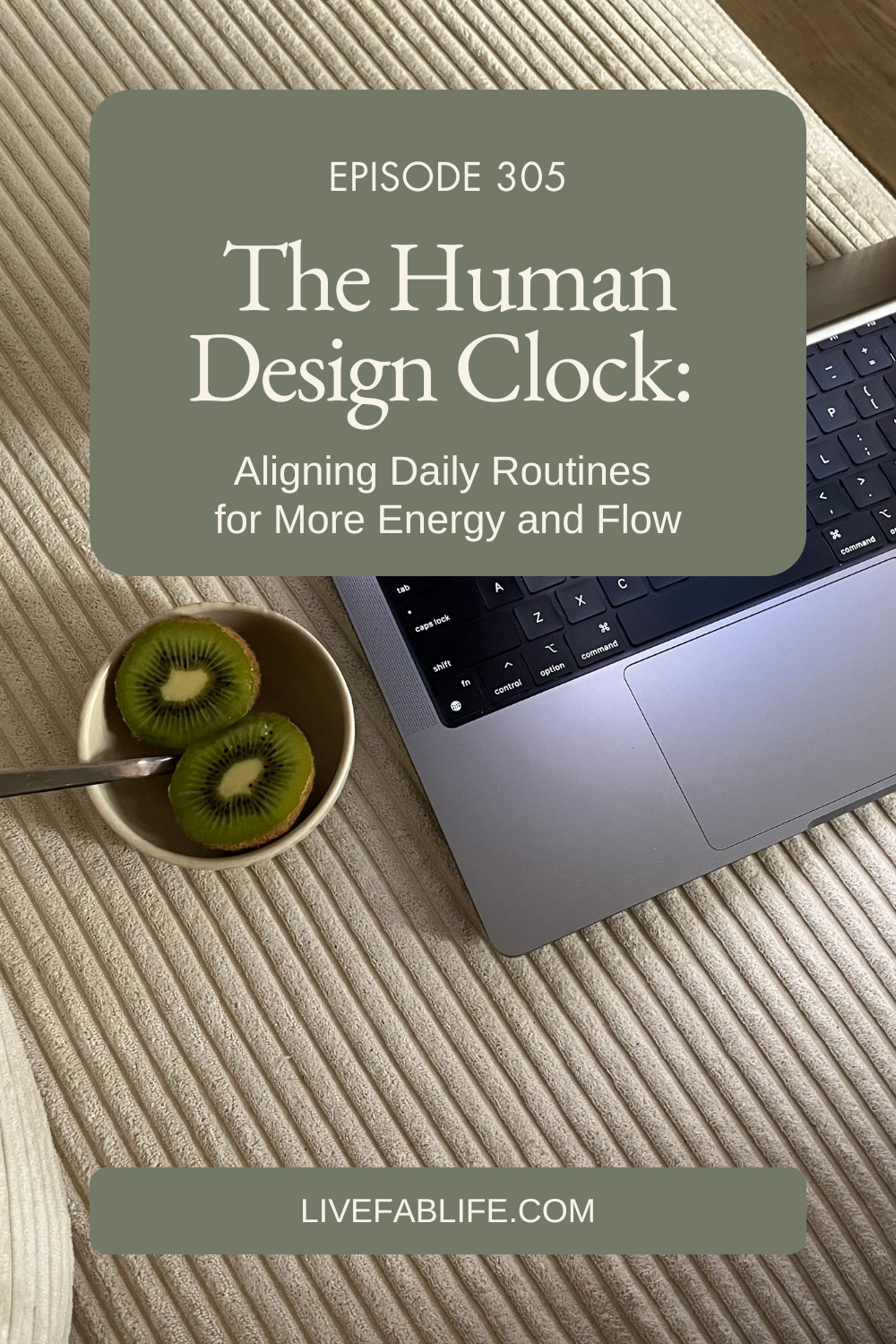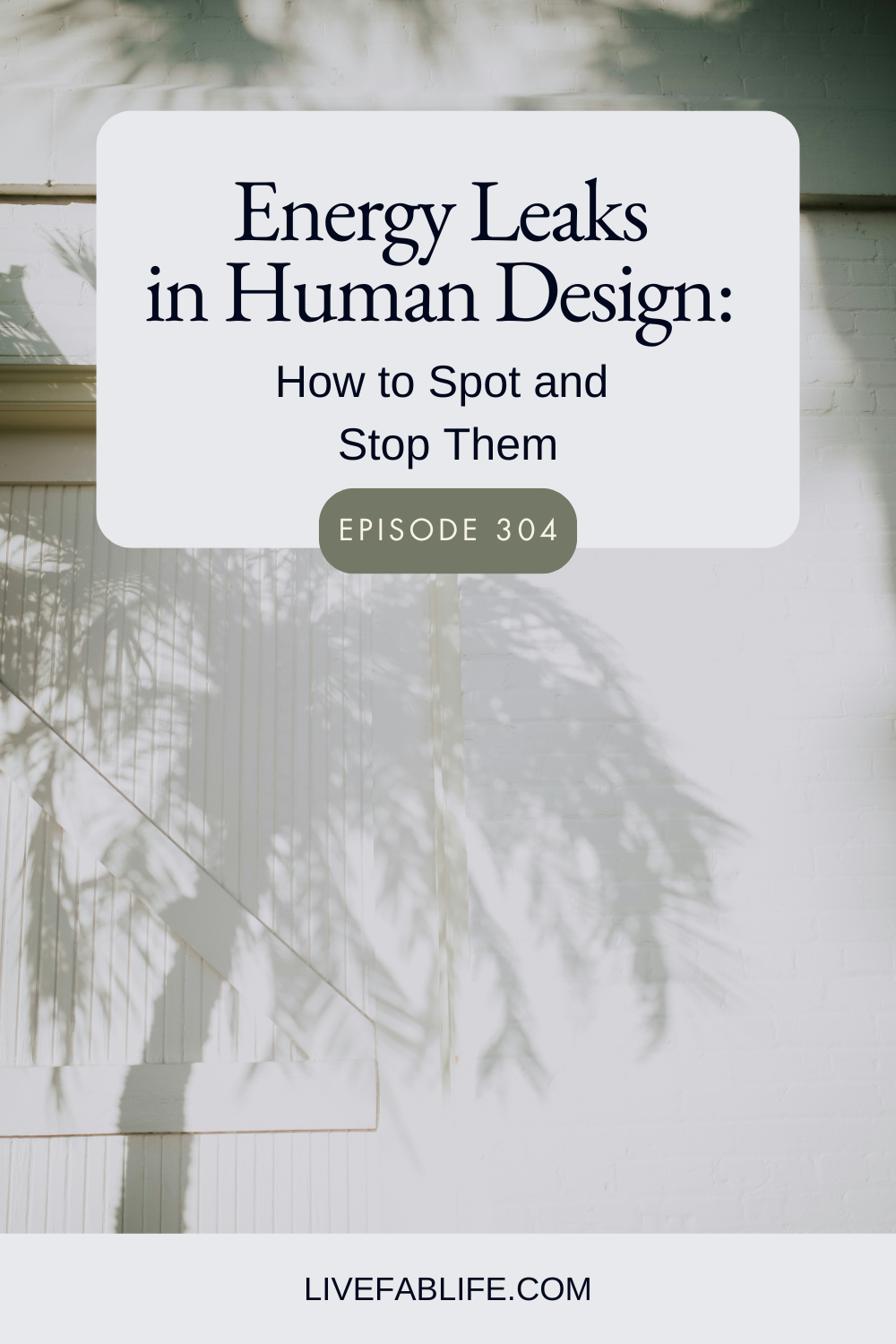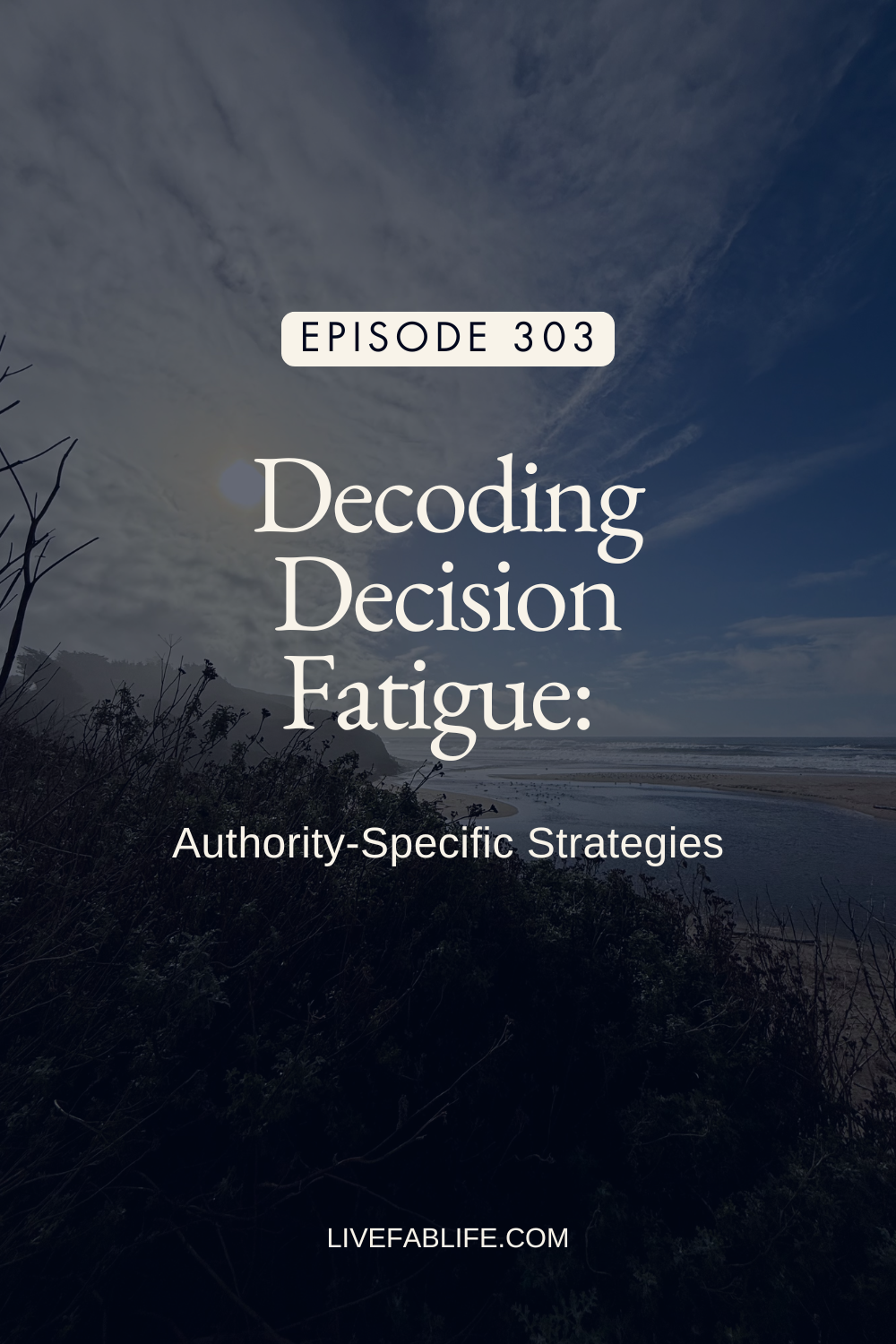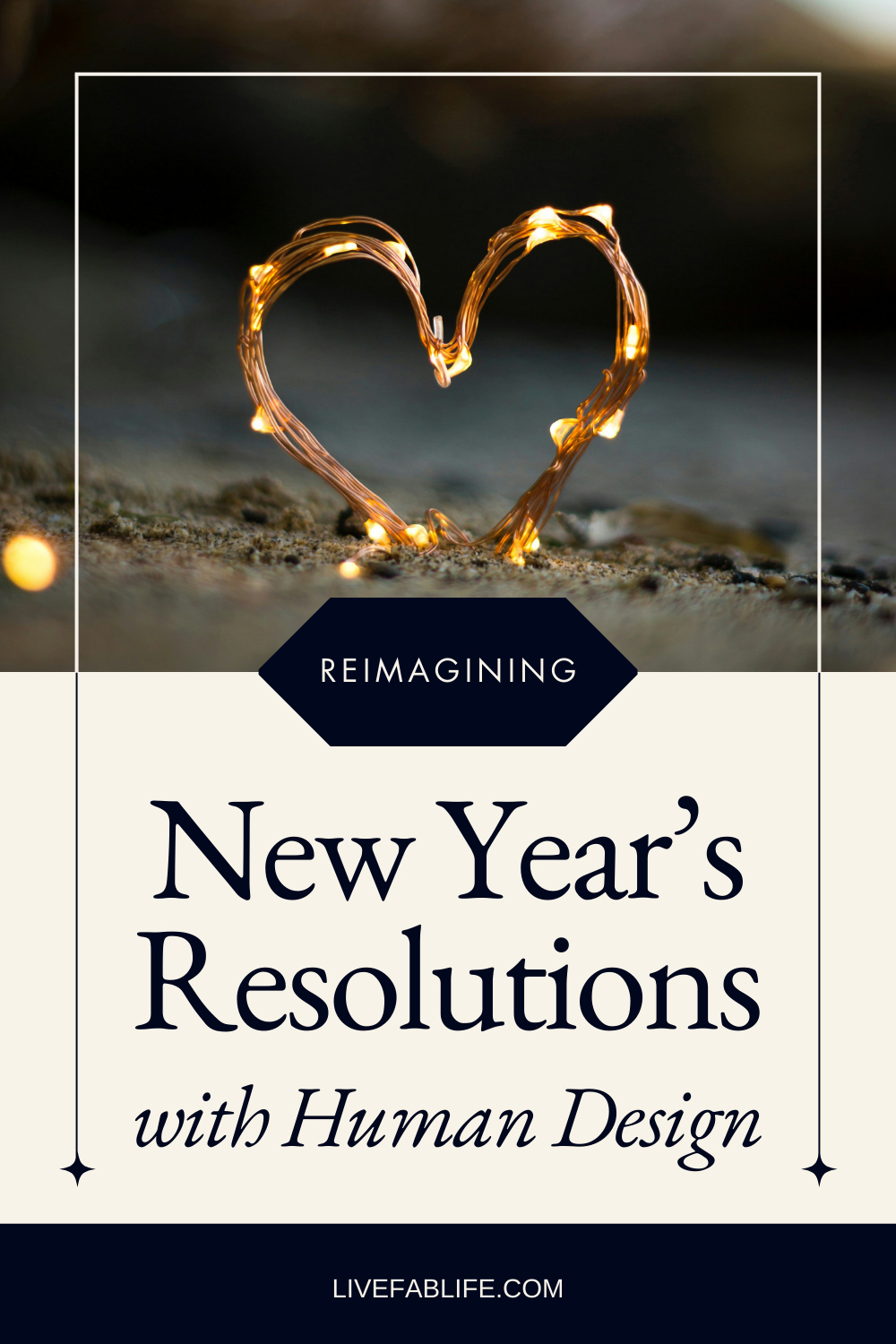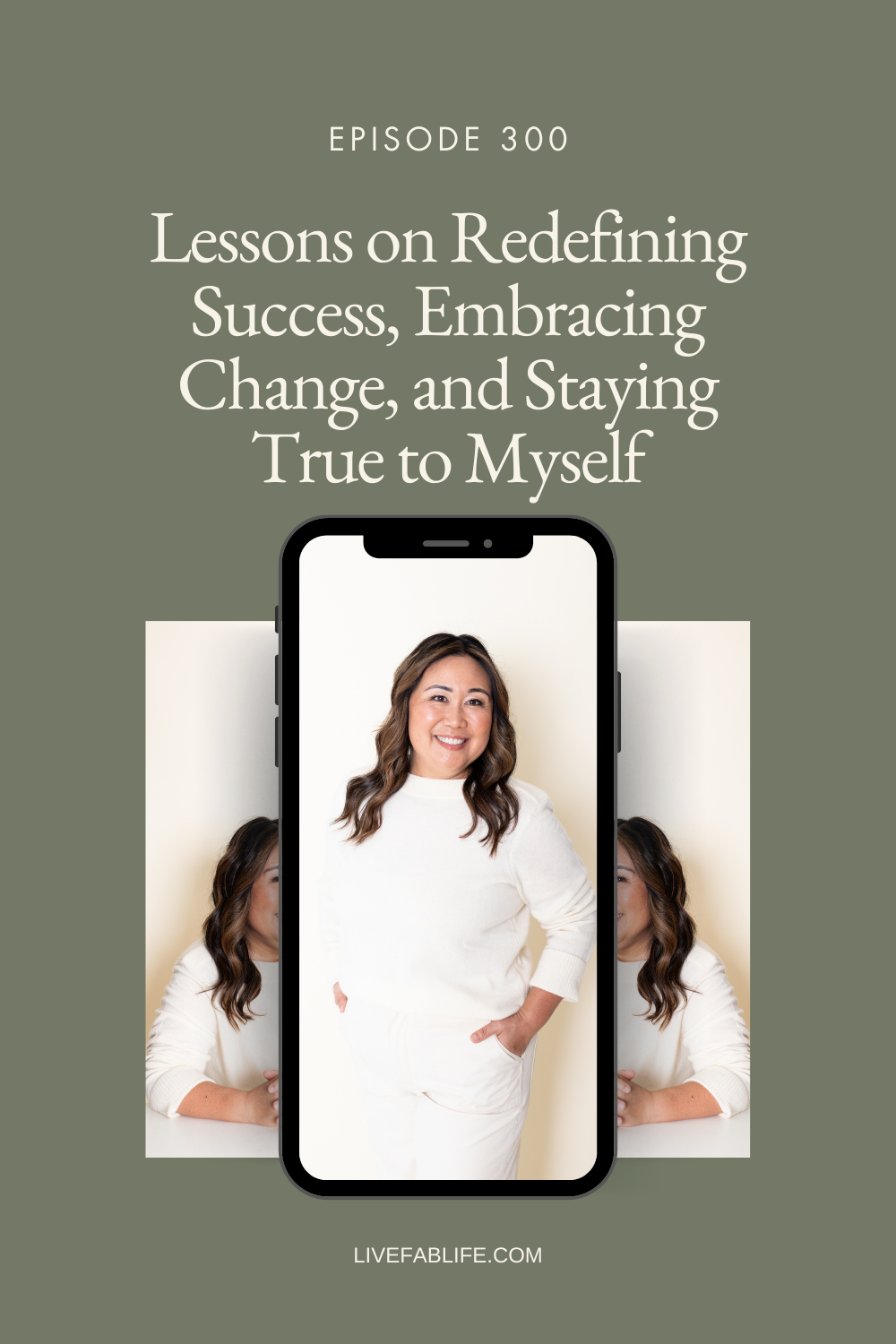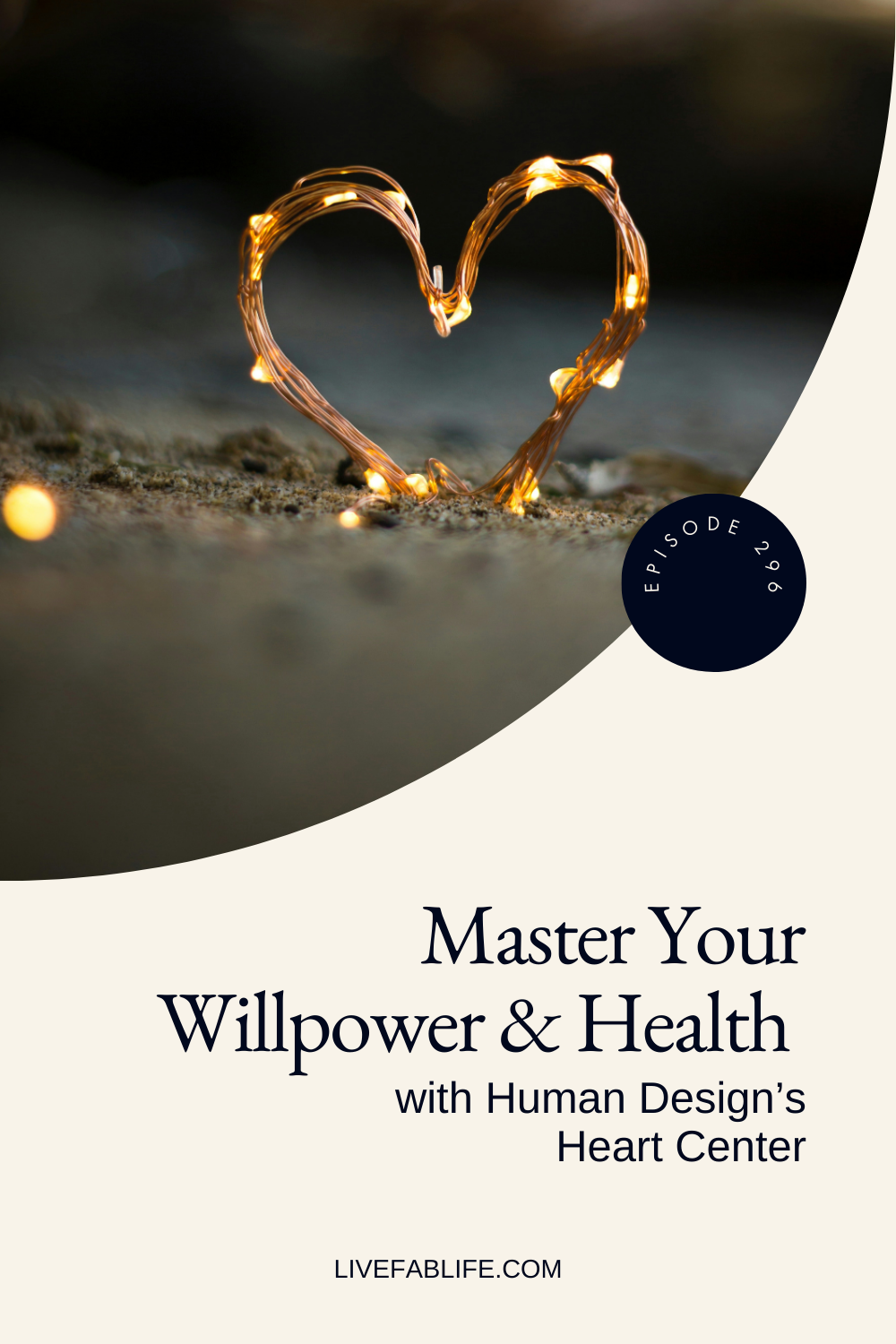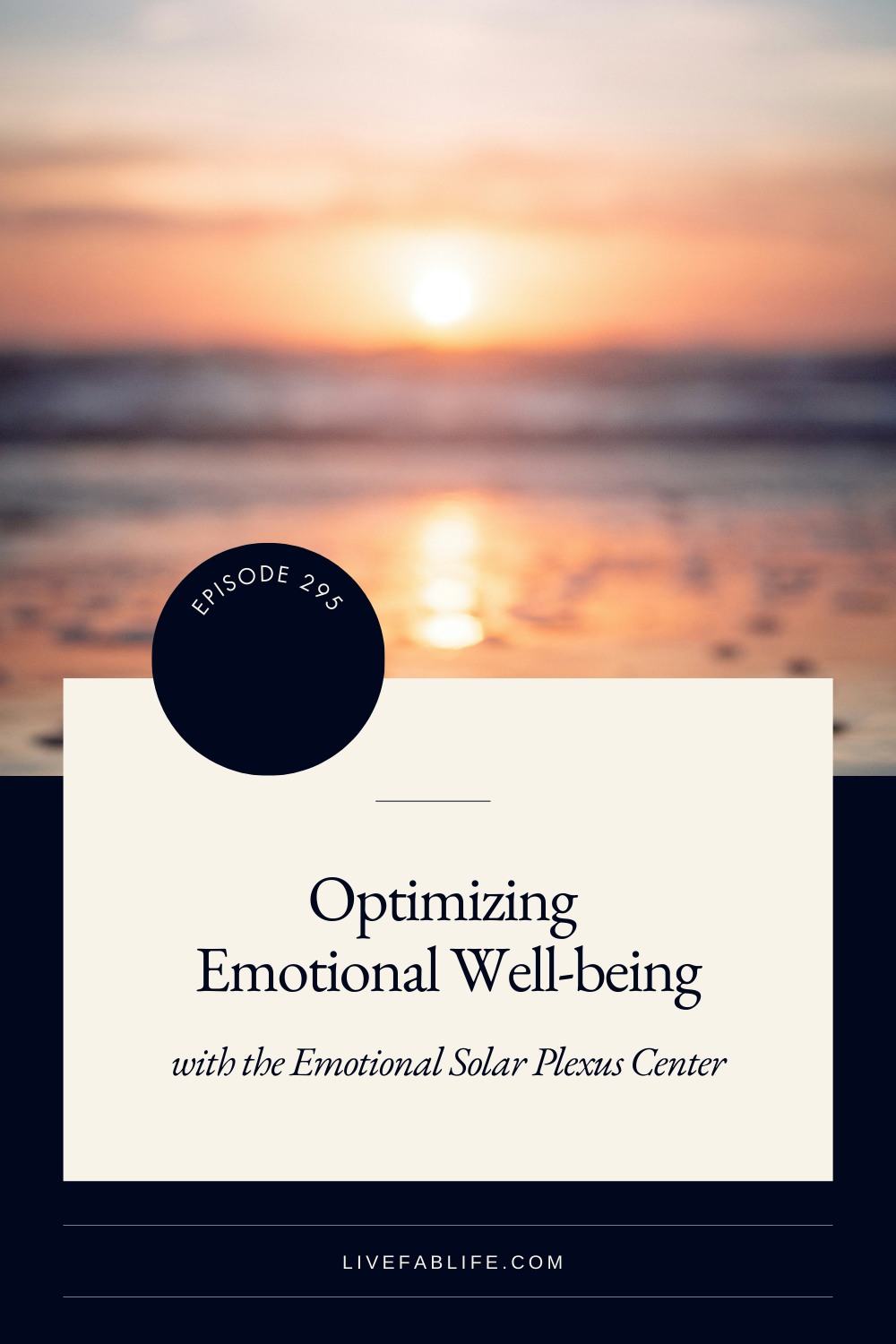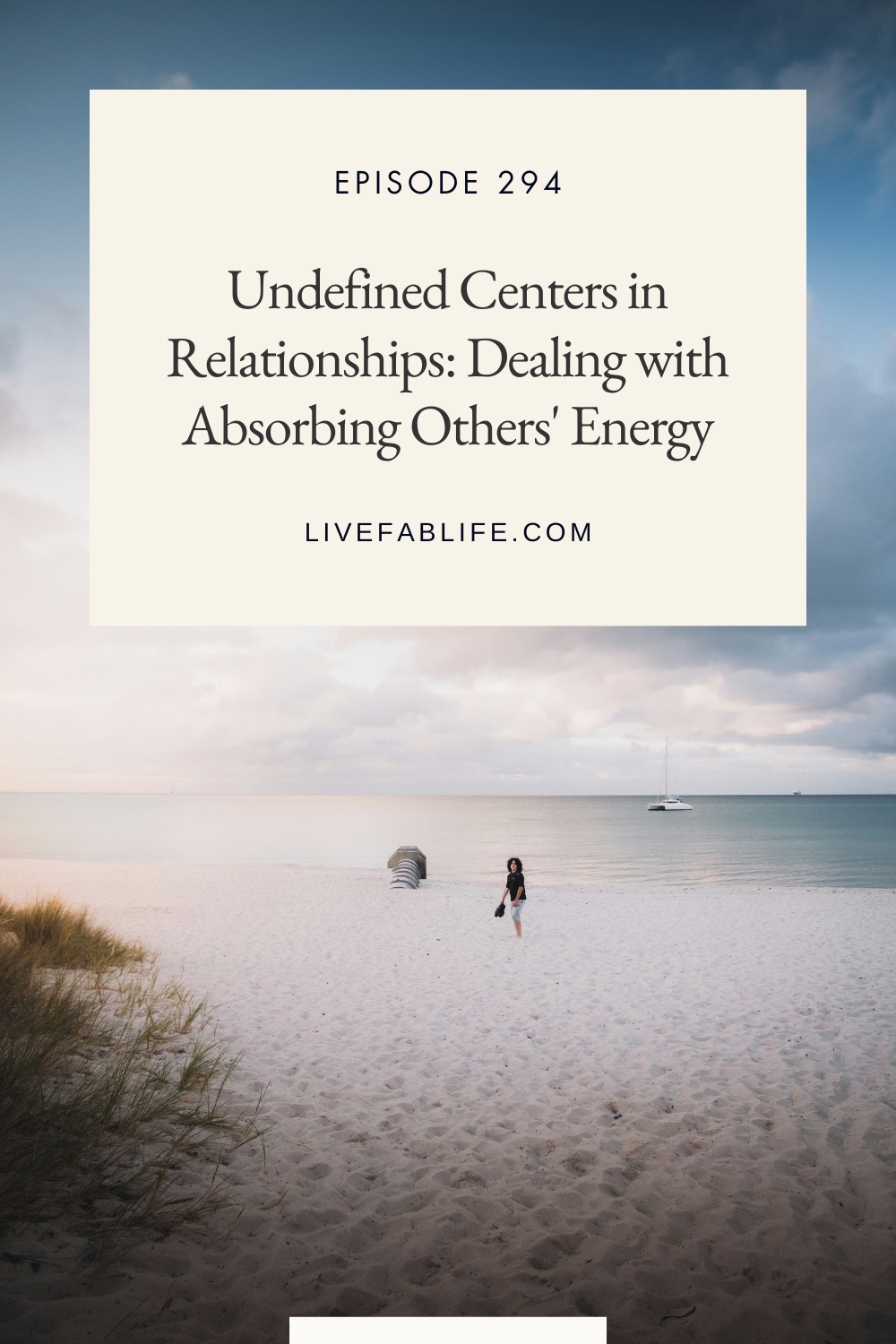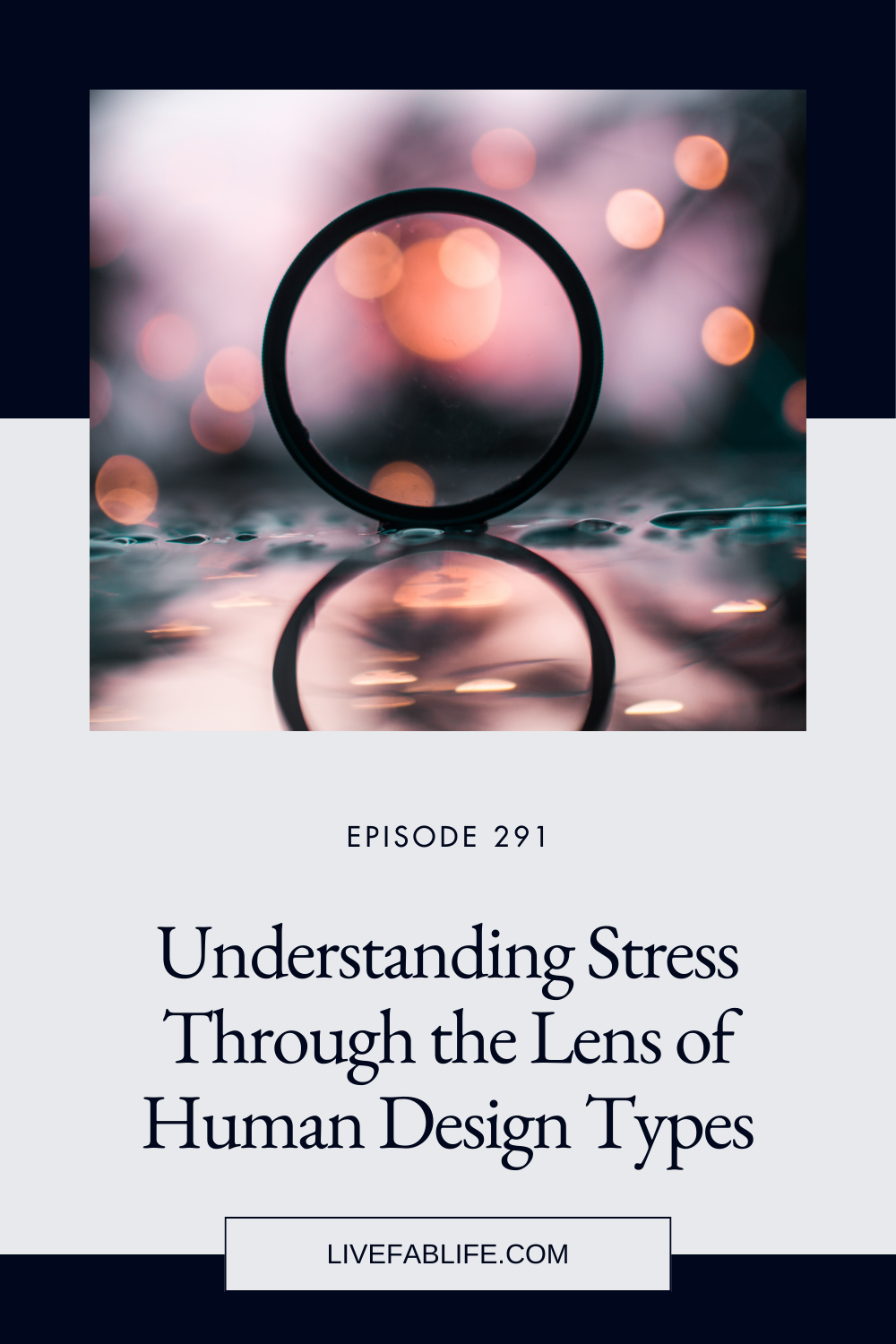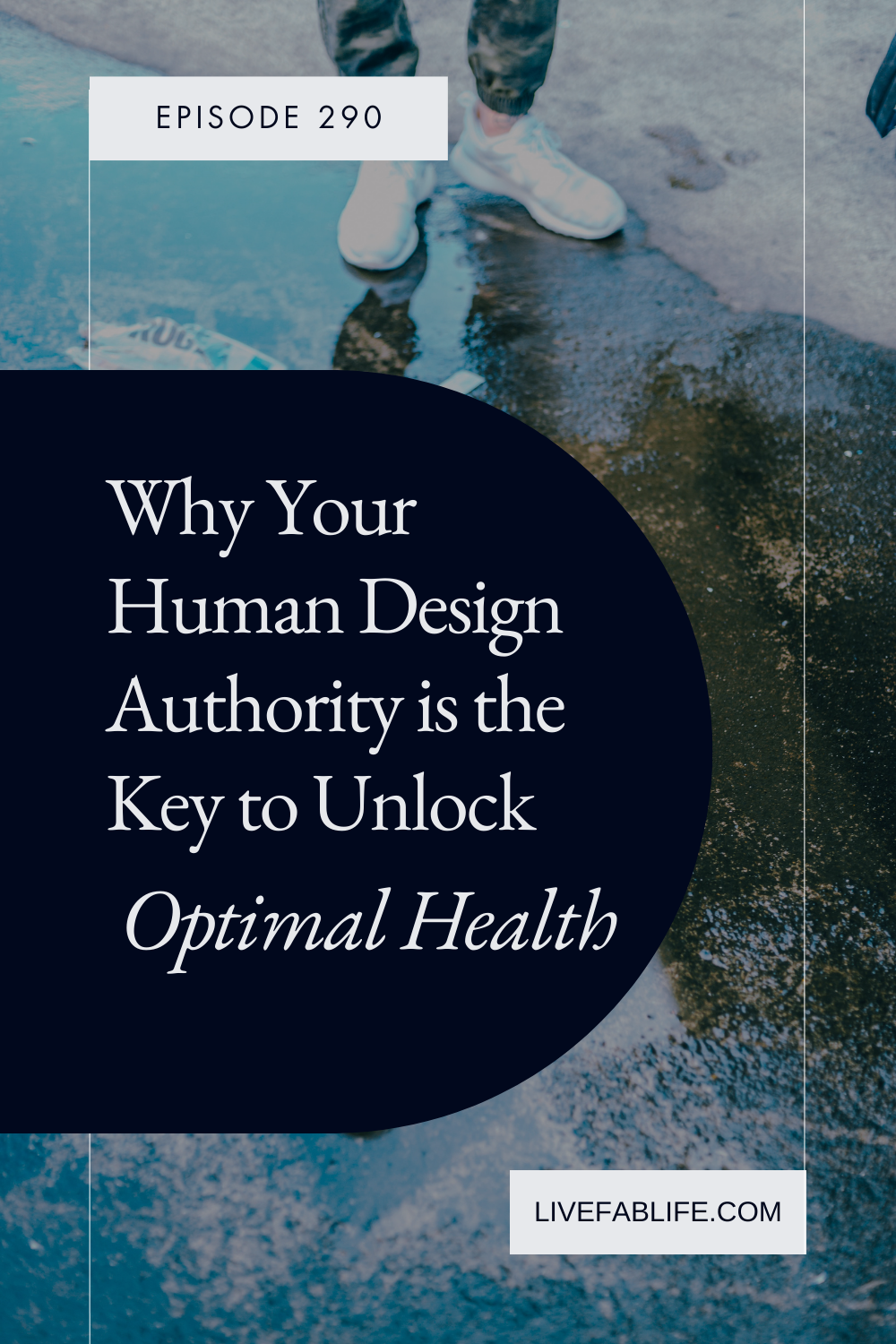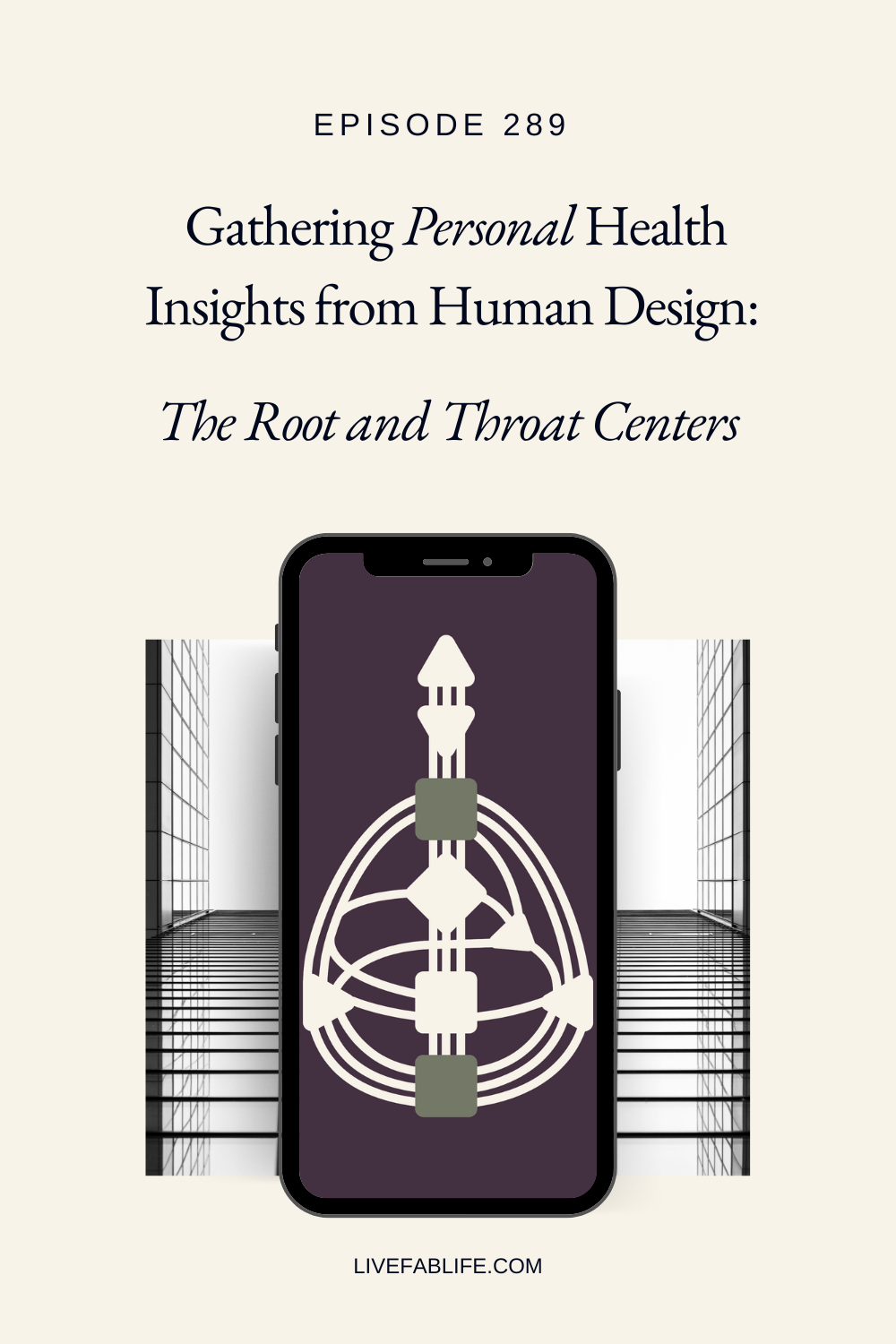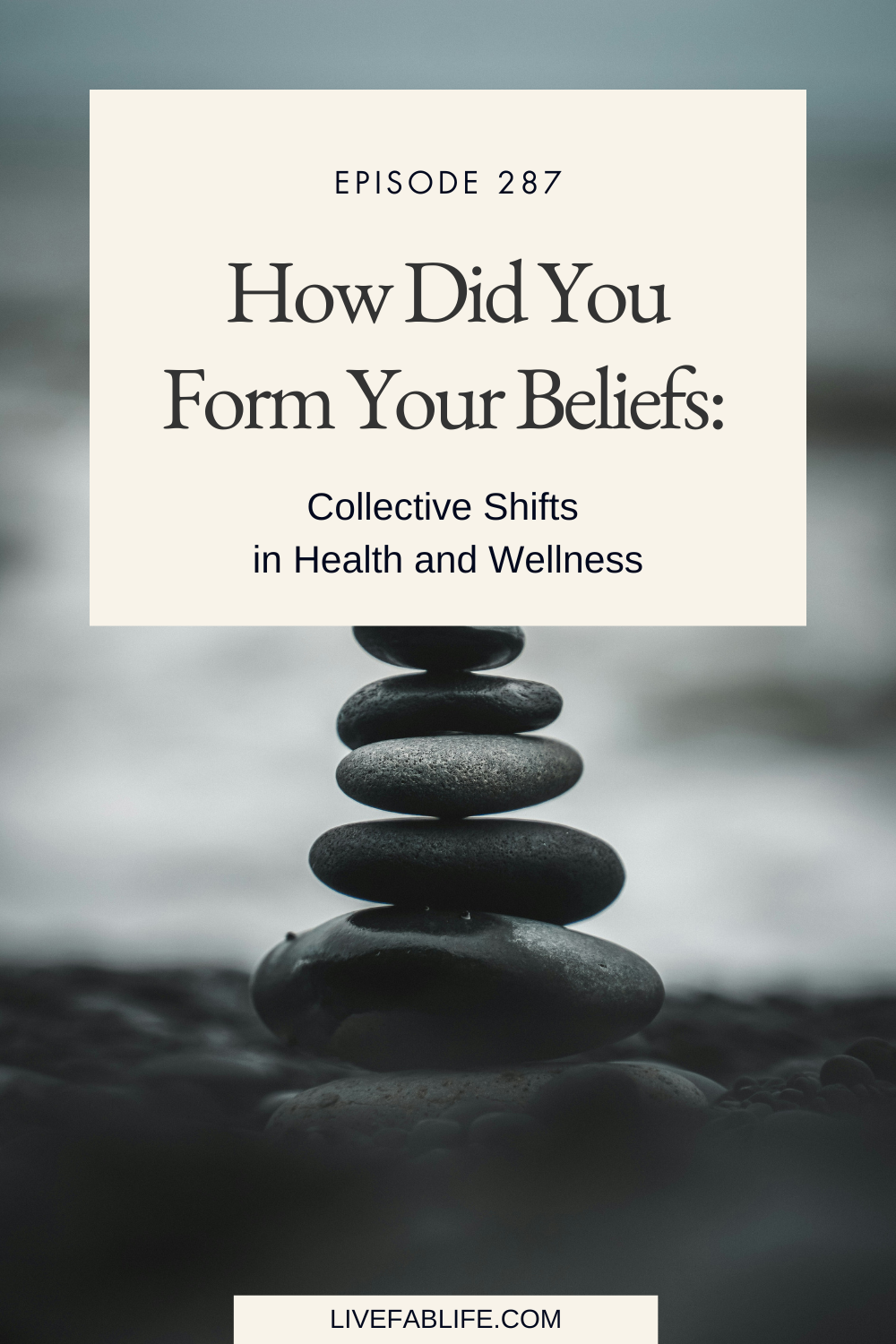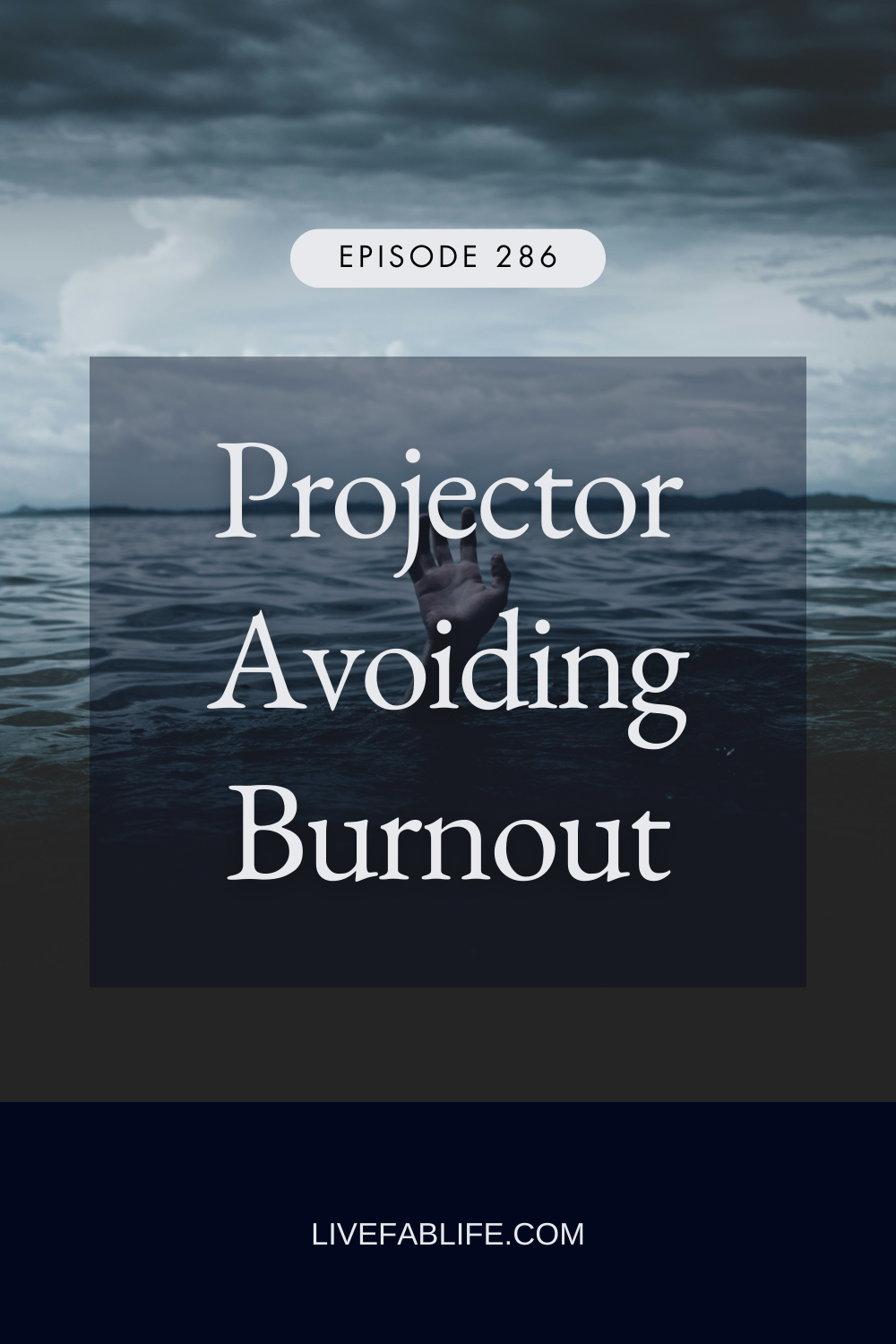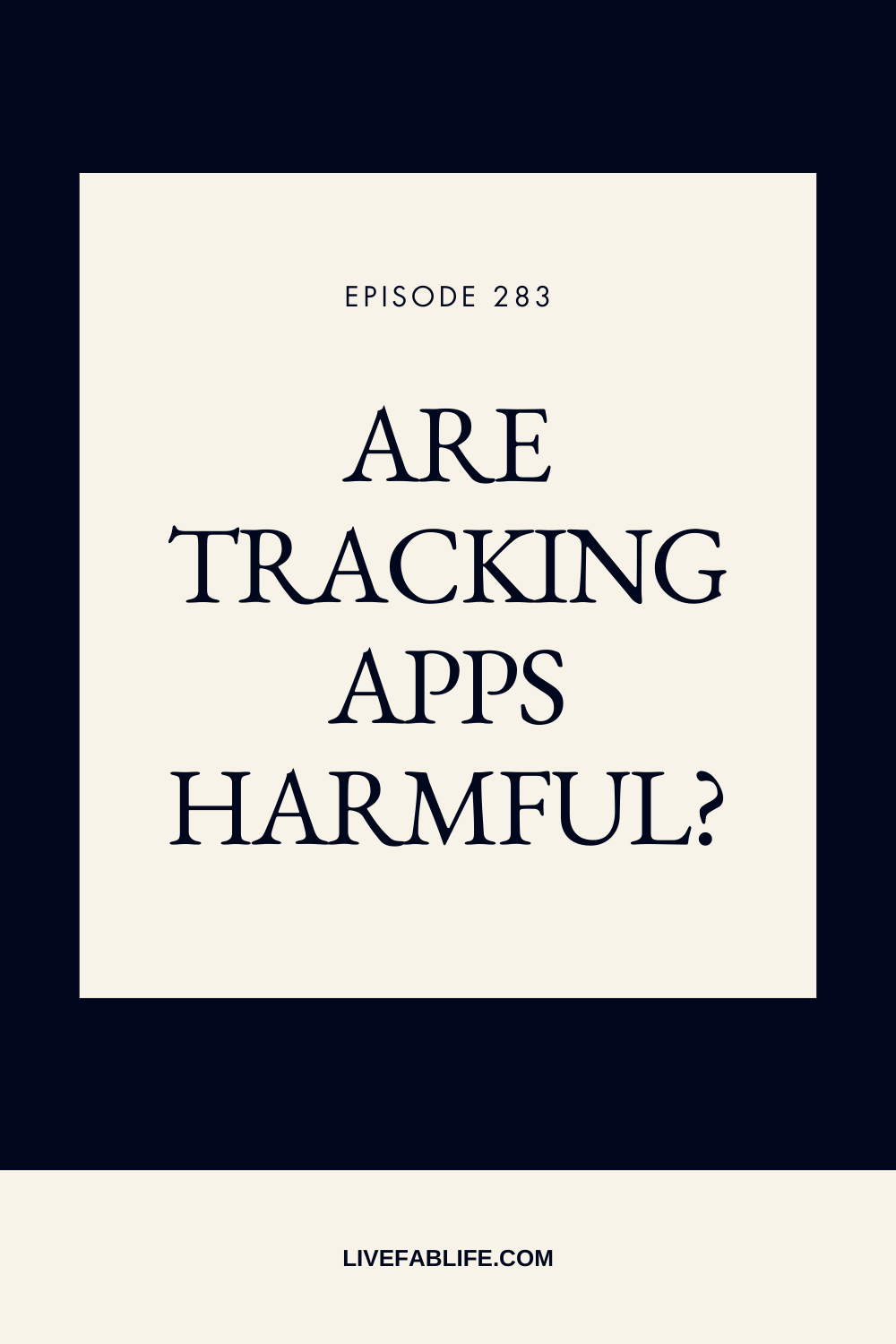Episode 148: Adjusting Your Nutrition for Shifting Life Phases
As a health coach, I’ve had my fair share of challenges in my health.
Back in 2004, I first ventured into (what I perceived to be) healthy eating and was dogmatic in counting every calorie that came my way. Years later I struggled with a variety of digestive conditions and poor gut health.
Along the way I’ve experimented with a variety of nutritional therapies and have come to learn that not all of them have the same effect, nor are they suited for the long-term, and, depending on one’s approach, can end up doing more harm than good.
In this episode, I share how I’ve adapted to the shifting nutritional needs that my body has required through different phases of my life.
You’ll hear me discuss:
My health journey from weight loss to fueling for endurance training to repairing my gut health
The aha moment when my weight plateaued
How I’ve come full circle with macros
Listen to the Episode:
Mentioned in this Episode:
New Workshop: Six Reasons You’re Tired All the Time...and How to Quickly Get Your Energy Back - for good
Episode 137: Tired But Wired: The Real Deal with Adrenal Fatigue
Connect with Naomi:
Share the Episode:
“I read all these articles from Shape, Self, Fitness Magazine that said that for my height, my targeted weight “should be” something ridiculous and that I should stick to a 1200 calories a day diet. These were the food rules that I followed religiously while working out extensively with my personal trainer, and doing additional workouts on my own. So yes, of course, I dropped weight, but there wasn’t anything healthy at all about it.”
Read the Episode Transcript:
I recently shared on my Instagram stories that I’ve been counting macros for the past few months.
If you’ve noticed, the past several episodes have come about as a result of questions I’ve received and observations made from Intstagram, so if we’re not yet connected there, and/or you have a request for a topic you’d like addressed in an episode, be sure to come and find me there at @livefablifewithnaomi
If you aren’t familiar with macros, basically, its an approach of meeting certain targets of carbs, protein and fats, as well as an overall calorie intake every day.
I got quite a bit of questions and comments about this, but pretty much the overall question was people wondering why I was doing this.
Before I answer that, I want to share with you the evolution of how I’ve eaten, which I think will then answer this question.
And the reason I’m doing this is because at the crux of following a macros plan is weighing your food, measuring grams and counting calories. And this whole approach can be controversial. Well I suppose, any dietary approach can be controversial but I think this approach especially because it can be triggering for a lot of people, and at one time, it was for me, which is why I want to take you on the journey of how I came full circle back to it.
It wasn’t until I was in my late 20’s, that I even gave a thought to making any sort of attempt at healthy living. Up until then, I got takeout every night, which was usually some creamy pasta dish, I never worked out, and I pretty much lived the life of an overworked couch potato.
Turning 30 was on the horizon, so I decided to join the brand new Golds Gym that was opening up in my neighborhood. I started working regularly with a personal trainer there who gave me so much grief for showing up for training appointments under fueled. He’d ask what I ate that day and when I said, oh a yogurt with some nuts in it, he’d ask, “What else?” And I’d say, “that’s it.”
That’s when he told me about the website calorieking.com and there’s really where I forayed into the world of counting calories. From that website, and from magazines like Shape, Fitness and Self, I started gathering information on how many calories I should be eating, and what the macro breakdown should be.
I am using air quotes around the word “should” because these articles were telling me that for my height, my targeted weight “should be” something ridiculous like 100 pounds, and that I should stick to a 1200 calories a day diet. And these were the food rules that I followed religiously while working out extensively with my personal trainer, and doing additional workouts on my own.
So yes of course, I dropped weight, which was my goal at that time, but there wasn’t anything healthy at all.
The foods that I chose to eat were based on calories versus nutrients and there wasn’t any consideration for bio individuality. For example, I may be petite, but weighing 100 pounds is not healthy for my constitution. The lowest I got was 118 lbs and people were telling me that I was too thin and I should stop losing any more weight, and in my mind I thought they were crazy because I still had 18 lbs more to go.
I followed this lifestyle of I suppose technically its “counting macros” for about 4-5 years.
When my weight loss plateaued, I figured that I needed to workout more and this is when I took up long distance running. This was also around the time when the most stressful period of my career started, so - more work stress, more workouts - high-impact, draining cardio, and continued undereating.
My personal goals shifted from weight loss to running and faster, and so I learned mostly from reading magazines that because I was doing so much cardio that I needed to fuel my workouts - not just with more calories, but with more nutrient-rich meals meaning, the makeup of what I ate mattered more than the number of calories in it.
This shifted my dietary mindset from counting calories to making sure my body was sufficiently fueled for workouts.
It was also about this time, around 2008, where, again, at the suggestion of my trainer, I started eating “caveman”, which I now know was basically the Paleo diet, but at the time, I didn’t know that's what it was.
My diet shifted to mostly non-processed foods, basically no carbs, lots of protein and tons of nuts and seeds. An improvement from how I was eating before, but again, no consideration for bio individuality. I was pretty dogmatic in my approach.
Unsurprisingly, it was neither sustainable, and after years of prolonged stress from undereating, over exercising, a poor diet, life and work stress, along with stressors from other sources, I developed a pretty bad case of IBS.
My gut health was in pretty bad shape, and in addition to IBS, I also tested positive for SIBO aka Small Intestinal Bacterial Overgrowth. Both of these conditions cause a lot of digestive problems, so now my health goals shifted from:
Weight loss Fueling for energy and endurance Healing my body
So my diet then shifted to elimination diets - to try and identify food sensitivities and intolerances, to following the low FODMAPS diet, which I’ve talked about in past episodes which I’ll link to in the show notes. But a quick summary of the Low FODMAPS diet is avoiding foods with very specific carbs which digests as sugars that upset your digestive system.
Emcompasssed in these nutritional therapeutic approaches was going gluten-free, grain-free and dairy-free, while still avoiding processed foods.
And I ate this way for a number of years as well.
As my health goals shifted, and my dietary approaches shifted to meet what was going on in the different phases of my life, my body changed too.
Because when you’re in a period of healing, you may not be able to workout the way that you used to. And for those who are super active, especially athletes, this can be really hard to accept and let go.
I would also argue that when you’re in a period of healing, counting calories should be the last thing on your mind.
And finally, some of the foods that may be a part of whatever nutritional therapeutic approach you take, may be high in fat and high in calories.
Nuts and nut butter are an example. I relied on nut butter a lot. It was one of the few foods I was allowed to eat on certain nutritional therapies I tried, and it became my “treat” food. And I ate A LOT of it.
It's high in fat and calories, but that was neither here or there for me because weight loss or management was not my focus at that time.
That doesn’t mean that the calories didn’t count, and so yeah, I gained weight during my healing phase. I mean, with the degree of overtraining I did, I had to completely shift my workouts from double digit runs to yoga and pilates. Exercises that didn’t tax my adrenals and sympathetic nervous system, but also didn’t burn a lot of calories.
And as I mentioned, I focused on eating real, nourishing foods that had the nutrients that would help my body recover - things like magnesium, Omega-3’s, etc. Foods that aren’t necessarily macro-friendly, meaning high in calorie.
But I was okay with all of that because my goal, my focus was on healing the dysfunctions that were going on in my body before they progressed to something more serious, more advanced.
And now I feel like I’ve been in a pretty good state for a year or more. I’m able to workout how my body wants to workout. Meaning, I’m not tied to a training plan, I do what feels right for my body in that moment. And while one day I wouldn’t mind getting back to running 5K and 10K’s that’s not really my desire right now.
And my gut health has been pretty good too. My skin is doing well, my digestion is pretty spot on and so now, at this phase in my life, I’d like to lose some of the extra weight that I picked up when I was in healing mode, because that’s what feels right for my body.
And like it or not, when weight loss is your goal, calories matter.
So I’m back to weighing and measuring my good, tracking macros and counting calories.
But this time around, I feel like I’m doing it from a much healthier place. I’m more educated, I have a better mindset, the composition of my meals are much healthier, and I’m not dogmatic about it. I don’t always hit my targets. Some days I’m under, some days I’m over, but I allow myself that grace for it. This is real life.
I’m also not on any time table here. When I started this program at the end of January, I did really well for those first six weeks. Then the pandemic hit and hell if we all didn’t emotionally eat and just barely hold ourselves together.
I didn’t follow my plan for a few weeks there, and truthfully, I don’t follow it 7 days a week. But I follow it, 6 days a week, and I’m okay with that.
And this time around, I’m working with a coach.
Yes, I’m a health coach, with a health coach. Just like trainers have trainers. And yoga teachers have yoga teachers. And doctors have doctors.
And my coach sets my targets for me, based upon the goals I set for myself and adjusts them as needed. My coach holds me accountable, just by being someone that I have to check-in with weekly.
My coach offers me insights and sometimes does some tough talks with me to help me stay focused on my goals, and reassess to see if my goals are actually still my goals.
It’s been great working with her. She brings a lot of positive perspective to the experience, and she’ll be coming on the show for a conversation on the work that she does, and the work that we do together.
So things have come full circle for me. I started my health journey with a macros-based approach, and that’s how I am now, with a lot of other roads taken along the way.
Will I eat macros forever? No.
And that’s my takeaway for today.
Like I said in my Instagram stories, taking a macros-approach isn’t for everyone, nor is it for all the time.
There is a time and a season for everything, and we have to be intune to what our needs are, and be open and flexible to shift with the season and what it allows and brings us. Because trying to do all the things all the time is what sets us up for failure.
If I had tried to stick with macros, while endurance training, and then while using nutritional therapies to heal my body, all at the same time? Well, that would have just caused chaos and confusion and likely do more harm than good.
That's it for this week, as always thanks so much for being here, and I’ll be back next week with an interview with my coach.
Bye!
Naomi Nakamura is a Functional Wellness & Human Design Coach. She helps women who struggle with stress, fatigue, and burnout find freedom and empowerment by optimizing their health, finding balance, and upgrading their energy so they can live life on their own terms.
Combining her diverse professional background, and her unique approach integrates Functional Nutrition and Human Design she guide clients on a highly individualized journey of self-discovery, observation, and integration by removing physical, mental, and emotional confusion and overwhelm, simply taking them back to the very basics of health through their Human Design.
She believes that when our bodies function optimally, our personalities and souls can shine through everything that we think and do with empowering clarity and ease.
Naomi resides in the San Francisco Bay Area and can often be found exploring the area with her puppy girl, Coco Pop!
Connect with Naomi on: Instagram
| Pinterest










